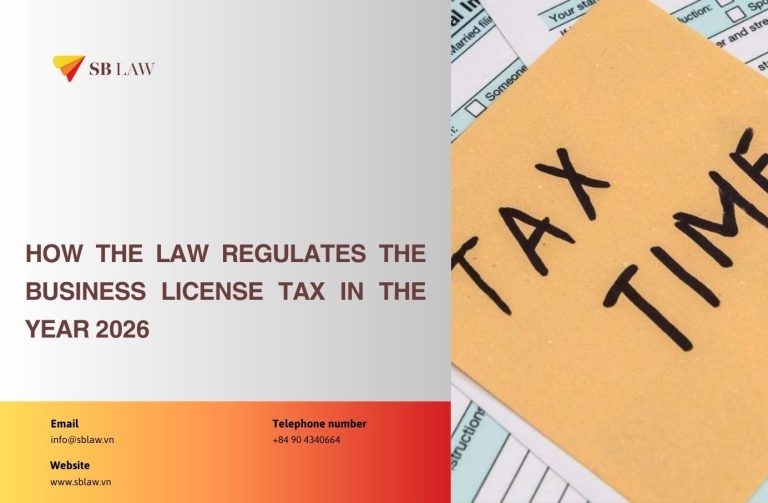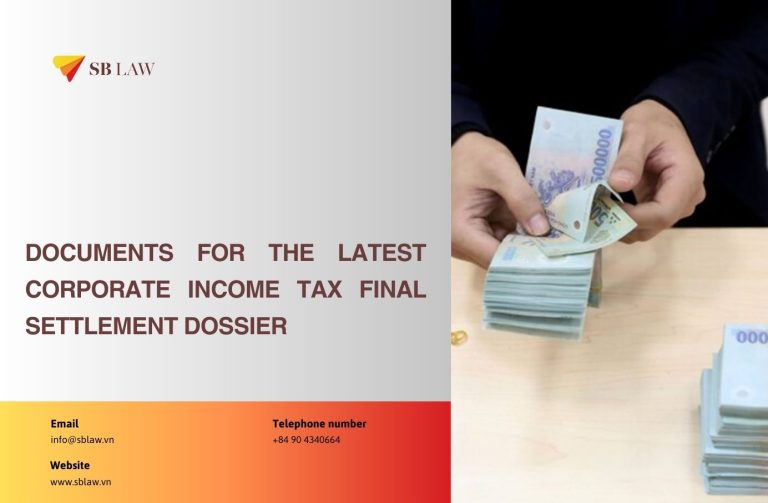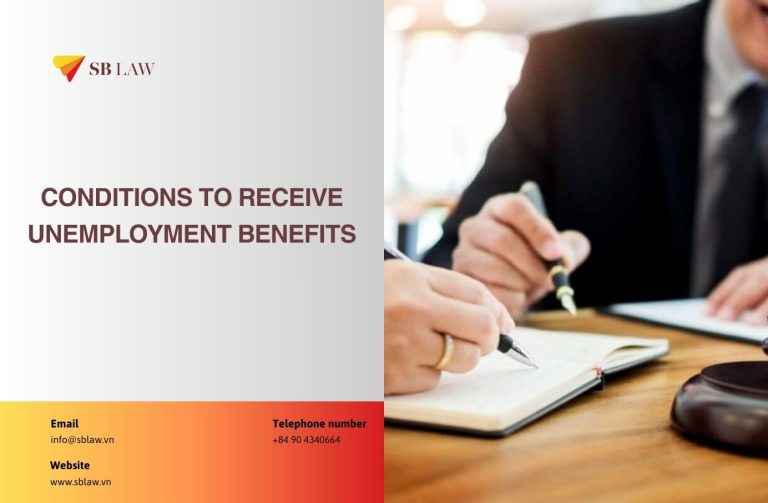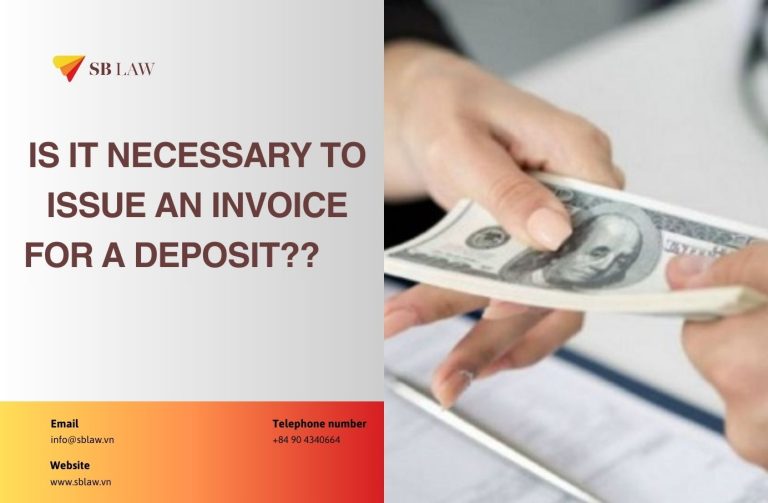On July 26, 2023, the People's Court of Ho Chi Minh City announced Judgment No. 1255/2023/KDTM-ST on the dispute over the share transfer contract. The content of the dispute is as follows:
On January 22, 2018, Ms. Th signed a contract to receive common shares with Mr. T, who was a founding shareholder and also the legal representative of Study Abroad I Joint Stock Company, now renamed to V Joint Stock Company, according to Business Registration Certificate No. 0314043565 issued on October 3, 2016. The parties agreed that Mr. T transferred to Ms. Th 45,000 shares worth 450 million VND. However, in reality, Ms. Th only paid 75 million VND to Mr. T. At the time of transfer, Mr. T was a founding shareholder of the company but this transfer had not been approved by the General Meeting of Shareholders. Therefore, Ms. Th sued and asked the Court to determine that the transfer contract was invalid. Ms. Th requested Mr. T to refund her the amount of 75 million VND he received.
Mr. T believes that the transfer is completely legal and does not agree with Ms. Th's request to sue for the contract to be declared invalid. Mr. T explained that at the time Mr. T transferred shares to Ms. Th, the company had 3 founding shareholders: Mr. Tran Huu D, Mr. Tran Huu T and Ms. Tran Dieu H, the parties only communicated verbally with each other without meeting or making any minutes. But when Mr. T transferred his shares to Ms. Th, Mr. D and Ms. H knew clearly and did not object. At the same time, Mr. T believes that the company's charter may stipulate that founding shareholders have the right to transfer without the approval of the General Meeting of Shareholders. In addition, after receiving the transfer of his shares, Mr. T transferred to Ms. Th 10 million VND in dividends from his personal account, so Mr. T believes that the share transfer contract between him and Ms. Th is completely legal and requests the Trial Council to reject the plaintiff's lawsuit request.
At the Court hearing, the Trial Panel commented as follows:
At the time of transfer on January 22, 2018, company I had been established for less than 3 years. Therefore, based on Clause 3, Article 120 of the Law on Enterprises, common shares of founding shareholders can only be transferred to people who are not founding shareholders if approved by the General Meeting of Shareholders. The court requested Mr. T to provide documents showing the approval of the General Meeting of Shareholders for the share transfer transaction between Mr. T and Ms. Th. However, company V could not provide this evidence.
At the same time, based on the Charter of Company I kept at the Department of Planning and Investment, there is no provision that the Board of Shareholders agrees to allow founding members to freely transfer shares to other people. are not founding shareholders without the approval of the General Meeting of Shareholders.
On the other hand, Mr. T could not provide any documentary evidence to prove that company I (now company V) recorded Ms. Th's information in the company's shareholder book. Therefore, the purchase and sale of shares between Mr. T and Ms. Th did not comply with the provisions of Clause 3, Article 120, Article 122 and Clause 4, Article 124 of the Law on Enterprises.
From the above observations, the Panel decided to cancel the Share Transfer Contract dated January 22, 2018 between Ms. Th and Mr. T because the Contract was invalid according to the provisions of Article 123 of the 2015 Civil Code 2015. The parties had to repay each other what they had received, Mr. T paid Ms. Th the amount of 65 million VND and Ms. Th returned to Mr. T the Certificate of stock ownership of Study Abroad Joint Stock Company I established on the date February 2, 2018.




